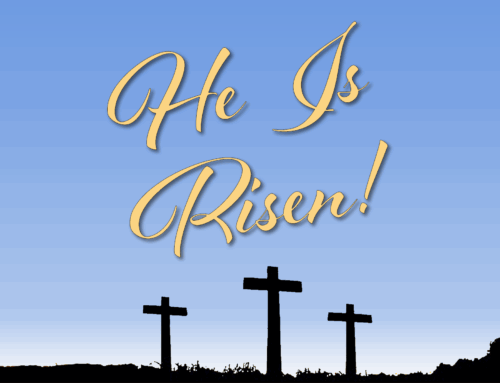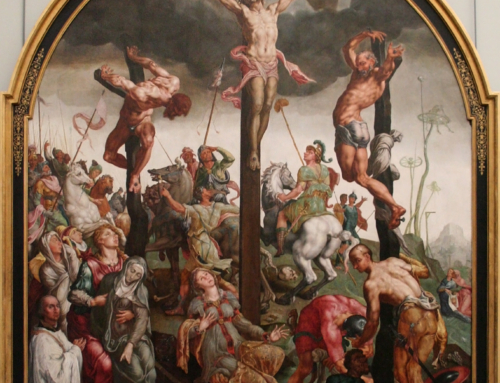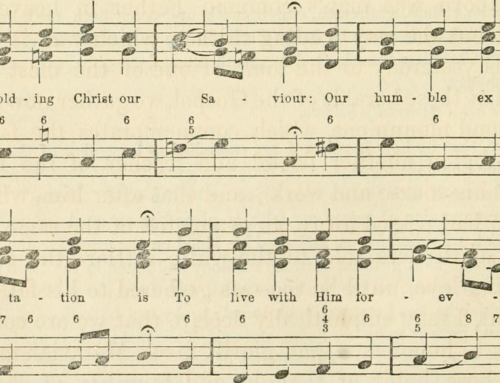Conflict has been associated with the Church since the beginning. It was founded in conflict (Matt. 10:34-36); purchased in the violence of the cross (Acts 20:28), sustained in conflict and discipline (1 Cor. 5:1-5; 3 John 1:9-10) and restored in this country and others in the rejection of denominational doctrine. In fact it may be observed that conflict is necessary for the strength and purity of the Church. This is not to say that quarreling or contentions over secular matters is acceptable, because that is forbidden (1 Cor. 1:11-13; Titus 3:9). It is to say however that purity in teaching and in the work of the Church is to be maintained by defense (Phil. 1:17) and trial (1 John 4:1).
When we enter into the assembly or the bible class the teacher is to present the pure evidence of the scripture (Heb. 11:1). If the evidence presented is impure or uncertain it is to be challenged and rejected. Sometimes this creates conflict.
There are no special or exempt teachers in the Church; not preachers (Gal. 2:11-14) or elders (1 Tim. 5: 19-20). While some may try to escape public correction by citing the account of Apollos (Acts 18:24-28), that position is inaccurate and cannot be sustained. Why would anyone want to teach falsely and not be corrected, thereby deceiving the hearers? All must be held to the same standard of truth. The truth must be preserved, out of love for both the teacher (Jas. 3:1) and the hearers (2 Pet. 2:3; Eph. 4:14-16 literally “truthing in love”).
This ability to challenge the teaching is a unique characteristic of the one Church (Eph. 4:4) and a privilege given unto each of us by God (Jude 1:3; Acts 17:11). Without this privilege we become just another denomination of opinion.
May we always embrace this privilege out of love for the truth and each other.
How God Saves – – Keep the faith.





